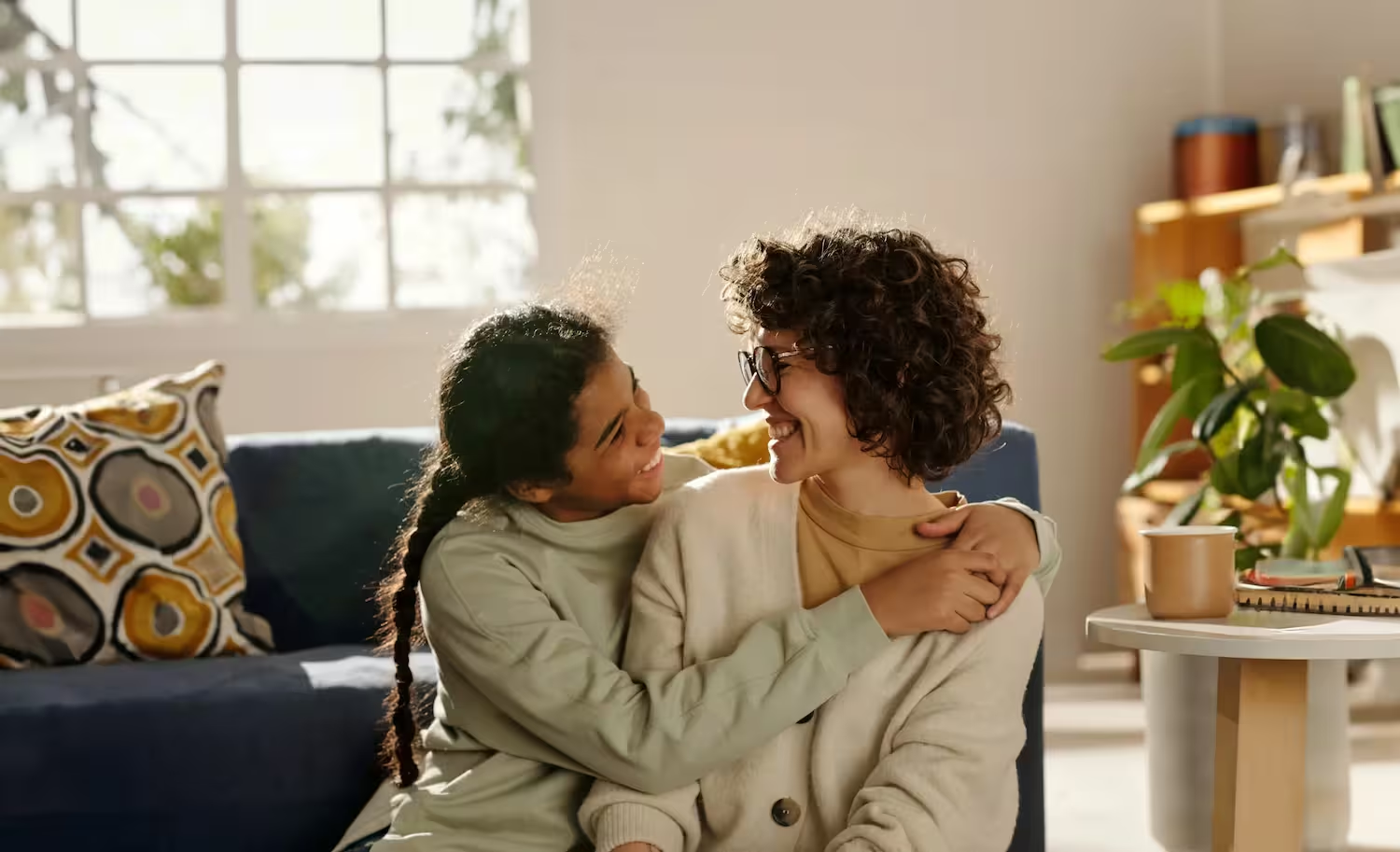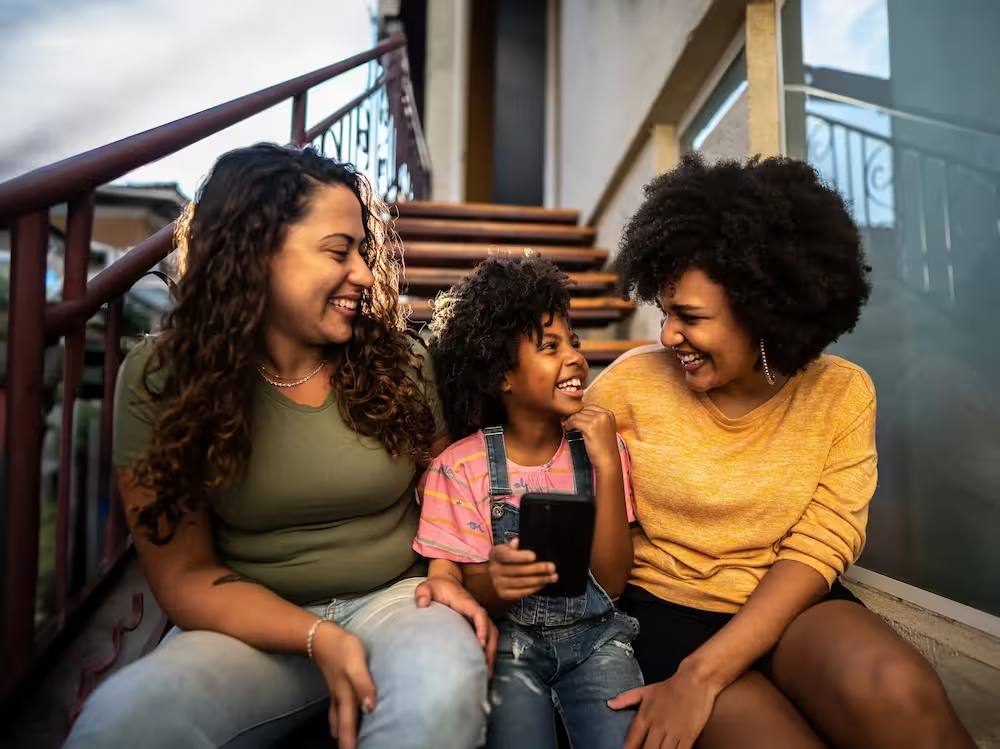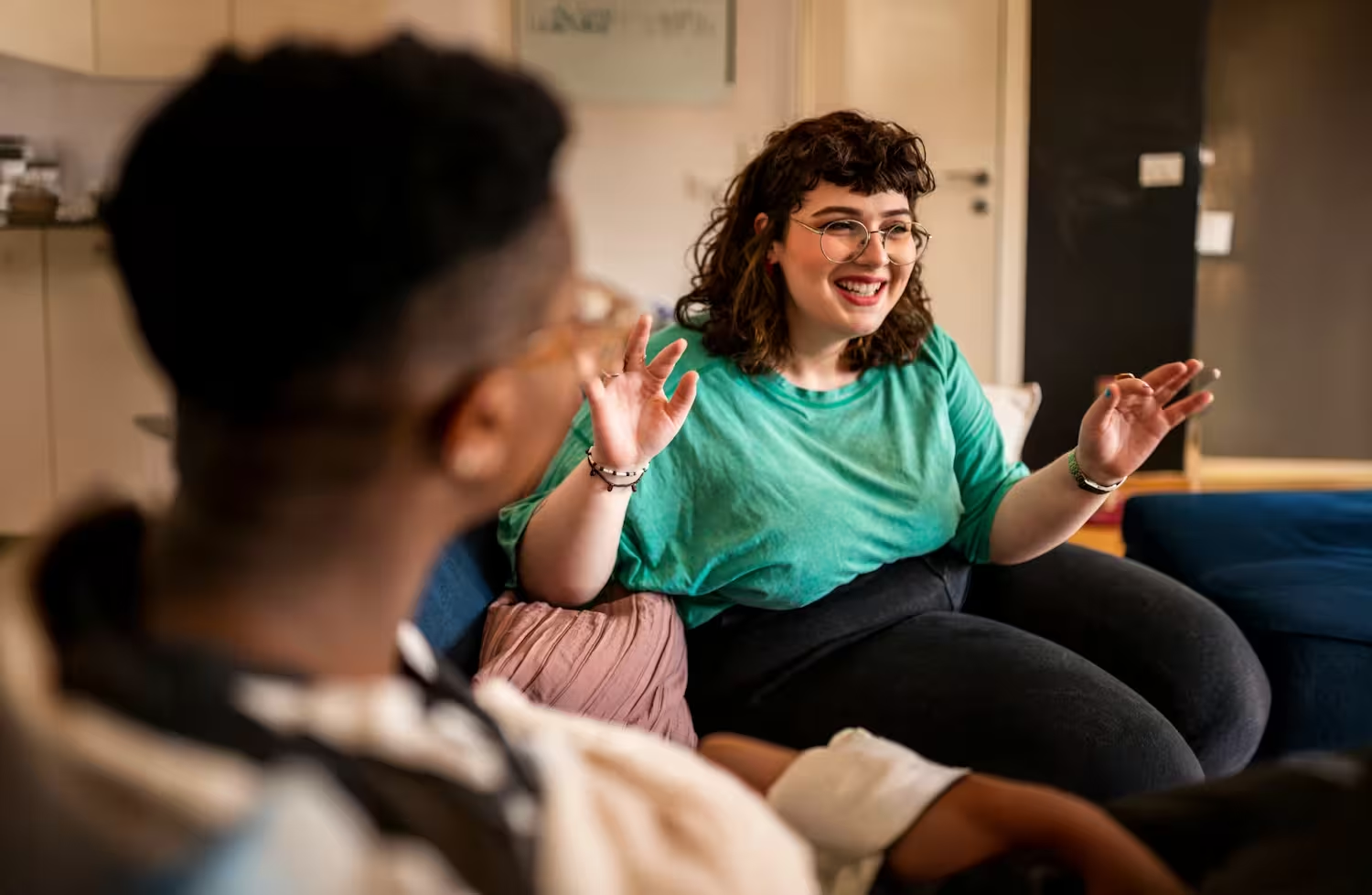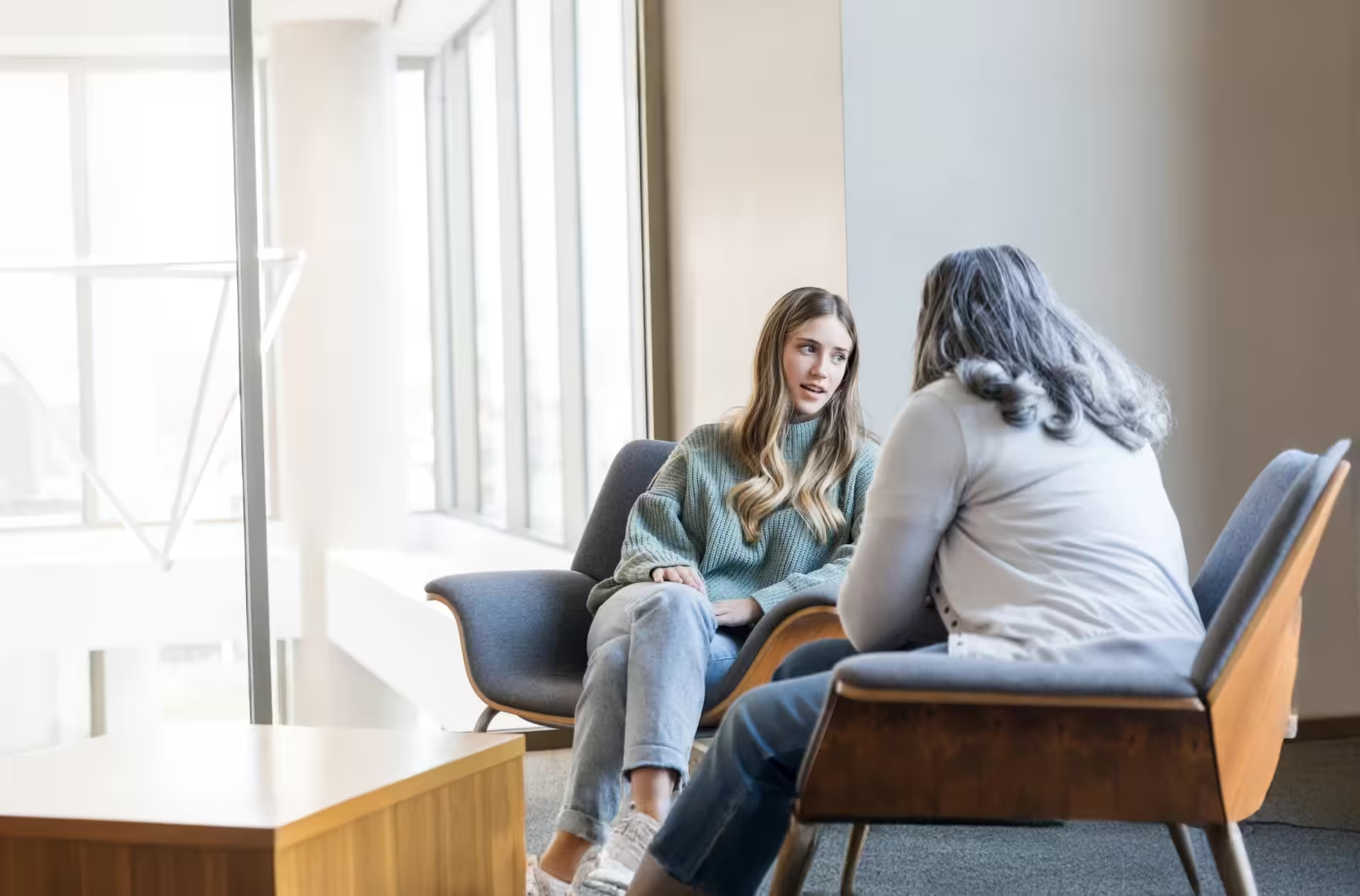
You deserve support too
Seeing a loved one struggle with an eating disorder can feel powerless, exhausting, and frustrating. Our dedicated team is committed to supporting you and your entire family throughout this challenging journey so you all come out of it stronger than ever.

Loved ones involvement
Our experienced and empathetic care professionals recognize the struggles you face as a loved one and are dedicated to making the recovery process of the person you care about as comfortable and collaborative as possible. We integrate high standards of care to include you and your family as vital resources in the treatment process. You will actively participate in helping to reduce disordered eating behaviors and support long-term recovery.
As a family member or loved one you are an active part of treatment. Don't underestimate the difference your support can make. An individual on the road to recovery can never have enough support. Your participation in therapy sessions can help you learn how to support your loved one better, receive education about the disorder, and provide you with the validation that you deserve.
Eating disorder treatment options




Virtual care
We offer convenient virtual care options so you get direct support wherever you feel most comfortable.
Day support
Our day treatment programs assist in recovery as you transition back to your life outside of Monte Nido.
Residential living
Come stay with us in our beautiful home-like settings across the US for residential treatment in a comforting environment.
Inpatient care
This lifesaving, inpatient level of care focuses on rehabilitating your physical and mental health through continual medical and psychological support.


Do you take my insurance?
We are in-network with many major insurance companies. We have also been able to coordinate single-case agreements if we are not in-network with your loved one’s insurance provider.


Monte Nido is an active member of the Eating Disorders Coalition (EDC), which advances the recognition of eating disorders as a public health priority throughout the United States. Every May, members of our team participate in EDC’s Advocacy Day, and this past May, we met with members of Congress to discuss priorities, including more education and resources to protect kids’ mental health both online and offline.
FAQs on eating disorders and supporting loved ones
If you suspect a loved one might be struggling with an eating disorder, there are general indicators that can help signal treatment is needed. If you have any concerns, please call our team at 888.228.1253 or reach out here.
- Emotional indicators can include a change in mental status, increased irritability, difficulties with focus and comprehension, apathy, withdrawal, or expressing concerns about body image.
- Physical signs may involve sudden weight loss, gain, or fluctuation, feeling faint, cold, or fatigued, muscle weakness, loss of menstrual periods, or noticeable changes in skin, nail, and hair health.
- Behavioral red flags can include dieting, exhibiting ritualistic or chaotic food intake patterns, body checking through the use of mirrors or comparing body measurements, excessive exercise, a sudden shift in diet, frequent trips to the bathroom, or a preference for wearing baggy clothing.
We provide integrative family programing at all levels of care. With treatment delivered through a relational focus, we partner with our clients and their loved ones throughout their recovery journey. We offer loved ones ongoing support through both virtual and in-person events. Psychoeducational events are designed so that you know how to support the person you care about and help them maintain their well-being after they leave our care. Additionally, family therapy is a critical part of the recovery process for your loved one, regardless of age.
Parents of adolescent clients will participate in individual and group therapy sessions with our specialized eating disorder clinicians and team as well as parent coaching calls. Through family education, you will build awareness about eating disorder signs and symptoms, treatment protocols, support strategies, and more that can be used in daily life to strengthen your relationship.
You can educate yourself to better understand eating disorders and help you identify times when your loved one may need more support. See our growing resources for loved ones content. Learning more allows you to be a more effective advocate for your loved one. Please also validate that what they are doing to recover is difficult. Imagine having to confront your deepest fear six times a day. This is what your loved one is doing every time they eat a meal/snack. Let them know that you understand that what they are doing isn’t easy and that you admire their bravery and perseverance.
You can also be a good role model by practicing self-care and self-acceptance, eating and exercising to feel good, not to look good. Please also refrain from talking about external and physical appearances, diets, or exercise regimens. And don’t be afraid to ask them directly what you can do to support them. Don’t walk on eggshells. The best thing you can do is be transparent and ask them what support they need.
.avif)


